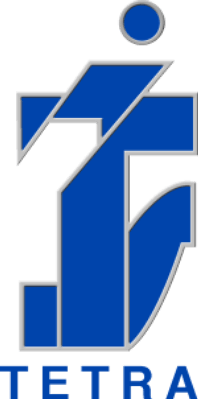In the modern enterprise landscape, email remains a critical tool for communication and collaboration. As a CIO, selecting the right mail server can significantly impact the efficiency and security of your organization's communication infrastructure. One solution that stands out in this regard is the Zimbra Mail Server, particularly its BSP (Business Service Provider) and Network Editions. This guide delves into Zimbra's features, benefits, and implementation strategies, helping you make an informed decision for your organization.
